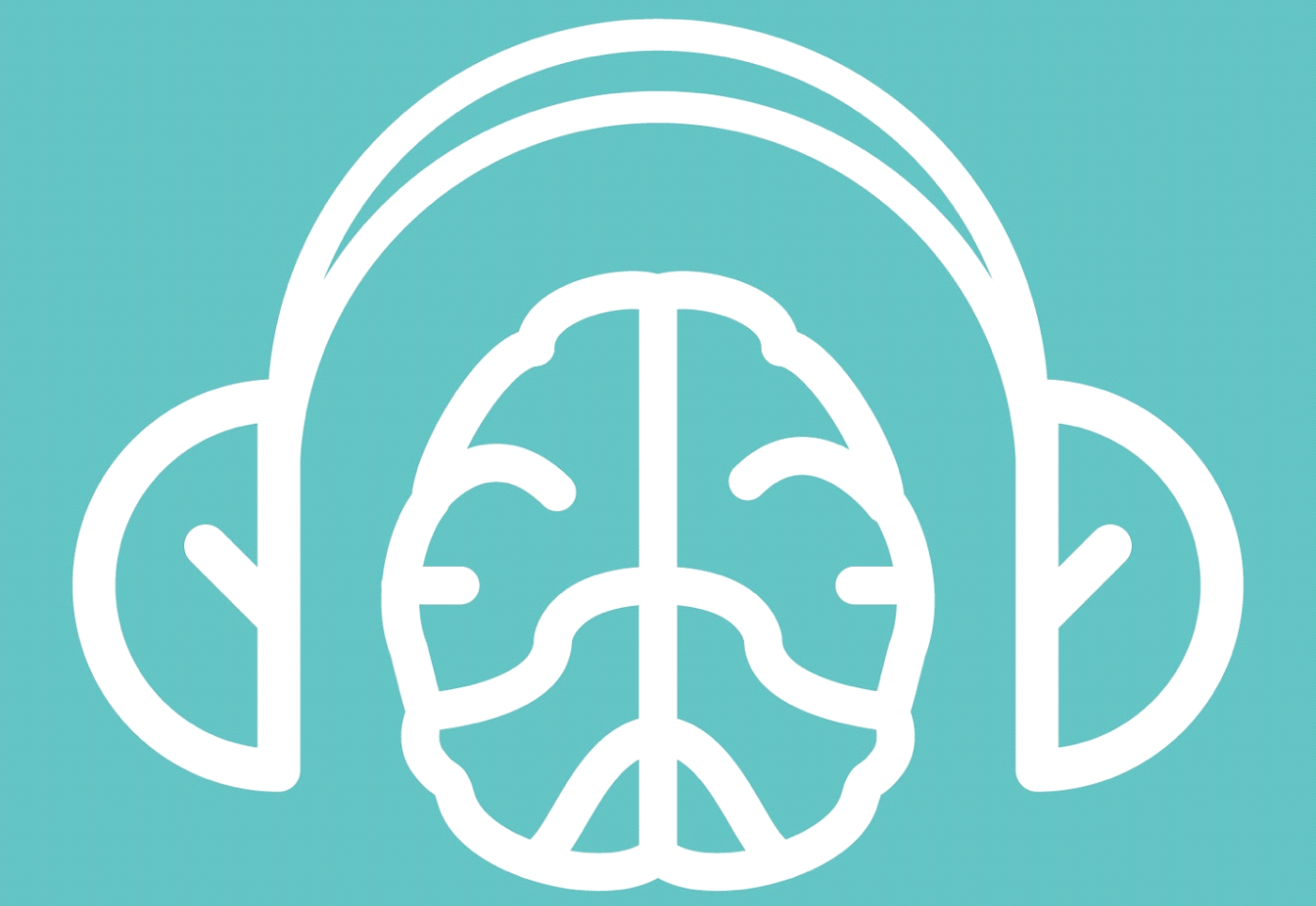Welcome to PsychEd, the psychiatry podcast for medical learners, by medical learners.
This episode covers nutritional psychiatry with expert guest Dr. Laura LaChance, Staff Psychiatrist and Director of Outpatient Psychiatry at St. Mary’s Hospital Centre in Montreal, Quebec and Faculty Lecturer in the Department of Psychiatry at McGill University.
The learning objectives for this episode are as follows:
By the end of this episode, you should be able to…
Define nutritional psychiatry
Understand the mechanisms, common misconceptions, challenges, and current evidence supporting the role for nutrition in mental health
Apply this understanding to clinical cases in psychiatry
Guest: Dr. Laura LaChance
Hosts: Dr. Sarah Hanafi (PGY2), Dr. Nima Nahiddi (PGY2), Gray Meckling (CC3)
Audio editing by Dr. Alex Raben (PGY5)
Show notes by Gray Meckling
Interview Content:
Introduction and learning objectives – 0:35
Dr. Laura LaChance’s professional background – 1:50
Definition of nutritional psychiatry and history of the field – 3:35
Putative mechanisms through which nutrition is implicated in mental health – 7:00
Common misconceptions surrounding the role for nutrition in mental health – 11:45
Current evidence supporting the role for nutrition in the management of psychiatric illness – 16:00
Case-based examples of nutrition in clinical psychiatry – 23:35
Challenges to capitalizing on this mode of intervention in psychiatry – 32:30
Taking a dietary history in the context of mental health – 34:50
Future directions in the field of nutritional psychiatry – 41:20
The gut-microbiome – 43:00
Tips for those interested and how to get involved – 48:00
Closing – 50:15
Resources:
Articles:
Nutritional Psychiatry: The Gut-Brain Connection (Psychiatric Times)
Nutritional Psychiatry: Your Brain on Food (Harvard Health Publishing)
References:
Adan, R. A., van der Beek, E. M., Buitelaar, J. K., Cryan, J. F., Hebebrand, J., Higgs, S., ... & Dickson, S. L. (2019). Nutritional psychiatry: Towards improving mental health by what you eat. European Neuropsychopharmacology.
Auction, Monique & LaChance, Laura & Cooley, Kieran & Kidd, Sean. (2019). Diet and Psychosis: A Scoping Review. Advances in Integrative Medicine. 6. S101. 10.1016/j.aimed.2019.03.292.
Firth J, Veronese N, Cotter J, Shivappa N, Hebert J, Ee C, Smith L, Stubbs B, Jackson S, Sarris J. What is the role of dietary inflammation in severe mental illness? a review of observational and experimental findings. Frontiers in psychiatry. 2019;10:350.
Firth, J., Carney, R., Stubbs, B., Teasdale, S. B., Vancampfort, D., Ward, P. B., ... & Sarris, J. (2018). Nutritional deficiencies and clinical correlates in first-episode psychosis: a systematic review and meta-analysis. Schizophrenia bulletin, 44(6), 1275-1292.
Francis HM, Stevenson RJ, Chambers JR, Gupta D, Newey B, Lim CK. A brief diet intervention can reduce symptoms of depression in young adults–A randomised controlled trial. PloS one. 2019;14(10).
Guu TW, Mischoulon D, Sarris J, Hibbeln J, McNamara RK, Hamazaki K, Freeman MP, Maes M, Matsuoka YJ, Belmaker RH, Jacka F. International Society for Nutritional Psychiatry Research Practice Guidelines for Omega-3 Fatty Acids in the Treatment of Major Depressive Disorder. Psychotherapy and psychosomatics. 2019;88(5):263-73.
Jacka, F. N. (2017). Nutritional psychiatry: where to next?. EBioMedicine, 17, 24-29.
Jacka F, O’Neil A, Opie R, et al. A randomized controlled trial of dietary improvement for adults with major depression (the SMILES trial). BMC Med. 2017; 15:23.
LaChance, L. R., & Ramsey, D. (2018). Antidepressant foods: An evidence-based nutrient profiling system for depression. World journal of psychiatry, 8(3), 97–104. https://doi.org/10.5498/wjp.v8.i3.97
Lachance, L., & Ramsey, D. (2015). Food, mood, and brain health: Implications for the modern clinician. Missouri medicine, 112(2), 111.
Marx W, Moseley G, Berk M, Jacka F. Nutritional psychiatry: the present state of the evidence. Proc Nutr Soc. 2017;76: 427-436.
Lakhan, S. E., & Vieira, K. F. (2010). Nutritional and herbal supplements for anxiety and anxiety-related disorders: systematic review. Nutrition journal, 9(1), 42.
Mörkl S, Butler MI, Holl A, Cyran JF, Dinan TG. Probiotics and the Microbiota-Gut-Brain Axis: Focus on Psychiatry. Current Nutrition Reports. 2020 May 13.
Mörkl, S., Wagner-Skacel, J., Lahousen, T., Lackner, S., Holasek, S. J., Bengesser, S. A., ... & Reininghaus, E. (2020). The role of nutrition and the gut-brain axis in psychiatry: a review of the literature. Neuropsychobiology, 79(1-2), 80-88.
Parletta N, Zarnowiecki D, Cho J, Wilson A, Bogomolova S, Villani A, Itsiopoulos C, Niyonsenga T, Blunden S, Meyer B, Segal L. A Mediterranean-style dietary intervention supplemented with fish oil improves diet quality and mental health in people with depression: A randomized controlled trial (HELFIMED). Nutritional neuroscience. 2019 Jul 3;22(7):474-87.
Sarris J, Logan AC, Akbaraly TN, et al. Nutritional medicine as mainstream in psychiatry. Lancet Psychiatry. 2015;2: 271-274.
CPA Note: The views expressed in this podcast do not necessarily reflect those of the Canadian Psychiatric Association.
For more PsychEd, follow us on Twitter (@psychedpodcast), Facebook (PsychEd Podcast), and Instagram (@psyched.podcast). You can provide feedback by email at psychedpodcast@gmail.com. For more information, visit our website at psychedpodcast.org.

